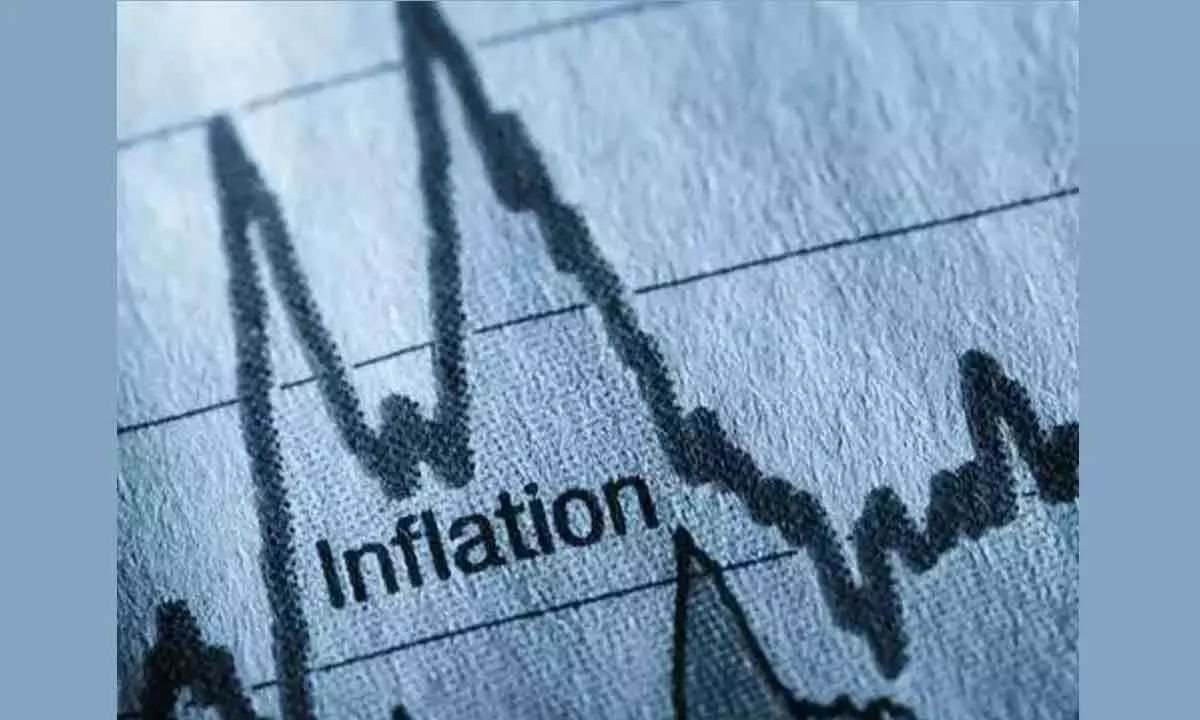Higher inflation triggers new fears

Of late we’ve been seeing some very stark figures on the inflation and especially in the west, it has surpassed the 3 to 4 decadal highs.
Of late we've been seeing some very stark figures on the inflation and especially in the west, it has surpassed the 3 to 4 decadal highs. This has triggered the fear of triple R – recession, rates (increasing) and real income. The initial supply chain disruptions post-pandemic has created the trade imbalances spiking the prices. With the advent of the Russia-Ukraine crisis, this has been exacerbated due to the countries involved are a large source of energy and food supplies.
The financial sanctions on Russia and missing the sowing season in Ukraine only suggest severe repercussions in to the immediate to near future. This is the reason why the central banks across the world began to change the narrative of their earlier stance of inflation being transitory and now consider a certainty and permanence for a while in our lives.
Now that the volatility has set in, the risk profile of these instruments has accentuated. In this evolving situation, how does one make investment choices that could provide hedge against inflation? The above chart from article portrays the winners and losers during higher or hyper inflationary phases. One could clearly view that the energy commodities are a natural order of choice for an investment in these times.
But, if one were to get into the details, the first point of concern is that while the energy prices or energy generating commodities witnessed spikes in prices, investors can't really take advantage of these spot prices as they've access to their futures markets only. Remember, when (crude) oil went into negative price about couple of years, the equivalent tradable instrument was nowhere near the spot price.
Gold is another conventional and common precious metal that's seen as a hedge against uncertain times. Gold is naturally seen as an anti-dote to equity volatility, also over debt and cash.
Within the real assets, commercial real estate, it was found that the sector experienced adverse effects during inflation, though it has performed better relative to the equities. However, equity markets provide better liquidity, in case of portfolio rotation or exits. When we consider housing or residential real estate, there is a possibility of them doing well but as interest rates turn higher (in offsetting the inflation), the overall growth turns sluggish.
In the hindsight, momentum looks attractive from the chat but it's again difficult to execute and prone to higher volatility. Though, equity always offers better real returns over a long period, it's certainly not a great strategy as an inflation hedge.
There are no easy solutions to this conundrum as the economic cycles could experience stress and thus future earnings of the corporates could be jeopardized. So, quality at any cost also wouldn't help as mispricing could hamper the recovery of the portfolio. In general, being contrarian and sticking to value could turn profitable in the medium term.
It would be a hazard to make a guess on how these kind of seismic macro-events impact various assets, the intensity and the longevity of the affects. It's difficult to price accurately the assets and hence could lead to misjudgments. One probable answer could a multi-asset strategy which helps in diversification of the portfolio. The goal of investing can't always be about maximising returns but also ways to protect from sharper drawdowns. Hence, asset allocation is the key.
(The author is a co-founder of 'Wealocity,' a wealth management firm and could be reached at [email protected])








